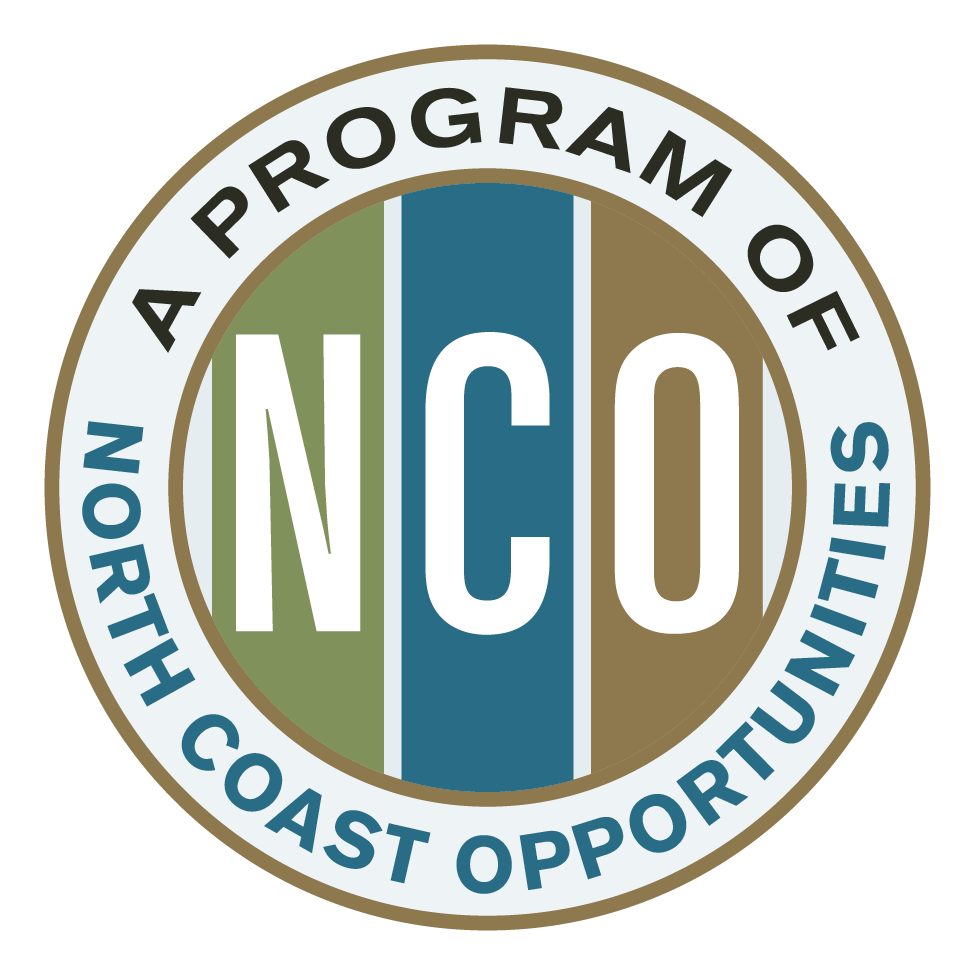
Anyone can get sick. You can be poor, rich, have a Ph.D., or have a high school diploma. No matter the background, illness humbles people. Accordingly, caregiving brings out the best in people.
This is what Nancy Powers-Stone, Director of Redwood Caregiver Resource Center (RCRC), appreciates most about her program. She sees regular people from various backgrounds step up over the course of their life to care for a spouse, sibling, parent, or family member. "They aren't heroes," said Powers-Stone. "This is what regular people do---they care for each other."
And RCRC is there to care for them. Since 1985, RCRC has offered support and assistance for family caregivers of adults with traumatic brain injury or brain disorders such as Alzheimer's and other dementias. A program of NCO since 1996, RCRC is one of 11 caregiver resource centers in the state that exists to address the emotional, physical, spiritual, and financial needs of individuals that have assumed the role of a family caregiver, either willingly or out of obligation.
 The small RCRC team of family consultants and social workers serves seven counties across Northern California, providing mental health counseling, support groups, resources, trainings, and respite hours for more than 700 caregivers a year. Services are also offered in Spanish by bilingual and bicultural staff.
The small RCRC team of family consultants and social workers serves seven counties across Northern California, providing mental health counseling, support groups, resources, trainings, and respite hours for more than 700 caregivers a year. Services are also offered in Spanish by bilingual and bicultural staff.
When we support caregivers, the community benefits.RCRC's counseling services also keep families functioning and allow the sick to live independently out of the hospital. This enables them to "age in place".
Most caregivers work either part- or full-time outside the home in addition to their caregiving responsibilities. Respite hours allow caregivers to hold a job and lead regular lives outside of their duty. According to Powers-Stone, women make up more than half of family caregivers and often give up their regular jobs to provide care.These respite hours are essential to women's economic empowerment.
Evidence shows that most caregivers are ill-prepared for their new role and provide care with little or no support. Additionally, more than one-third of caregivers continue to provide intense care to others while suffering from poor health themselves. "Family caregivers are not a piece of durable medical equipment," said Powers-Stone. "We don't provide services to bolster them up so they can only continue to provide care. We offer services so they can have a life that is reasonably fulfilling and joyful themselves."
Feelings of guilt, resentment, or grief can emerge when one takes on the role of caregiver. They may feel guilt for taking time for themselves or for not being able to do more to help the care receiver. Resentment can arise when the caregiver feels obligated to put aside their needs and wishes for the sick family member. Grief is also common when witnessing the continual decline of the loved one despite the caregiver's best efforts. "Nobody gets better in our program. So, caregiving is a heavy duty," said Powers-Stone. "Sometimes we are the only resource they have, especially in rural areas."
During the pandemic, RCRC clients reported high financial stress related to job loss, causing worry about housing and basic needs. They also reported high anxiety about keeping their care-receivers and themselves safe from the virus.
RCRC used CARES funding to address the unique needs of caregivers during that time, providing emergency food boxes from NCO Mendo Lake Food Hub, PPE, and more than $21,000 of cash aid to affected caregivers. In addition, they equipped clients with tablets and shifted all services to their virtual service-delivery platform with minimal disruption.
According to Powers-Stone, they've been able to make their services more accessible through this online format, and after more than two years, they have found that clients prefer this way of receiving support. RCRC continues to offer services primarily virtually and over the phone.
Just as we accompany those we love through illness, caregivers do the same. "We always say, 'Whatever shape we're in, we're caregiving,'" says Powers-Stone.

(Most of) The small-but-mighty RCRC team. RCRC serves caregivers in Sonoma, Lake, Mendocino, Solano, Napa, Del Norte, and Humboldt Counties.
[This archive item was originally published on Friday, October 28, 2022]
